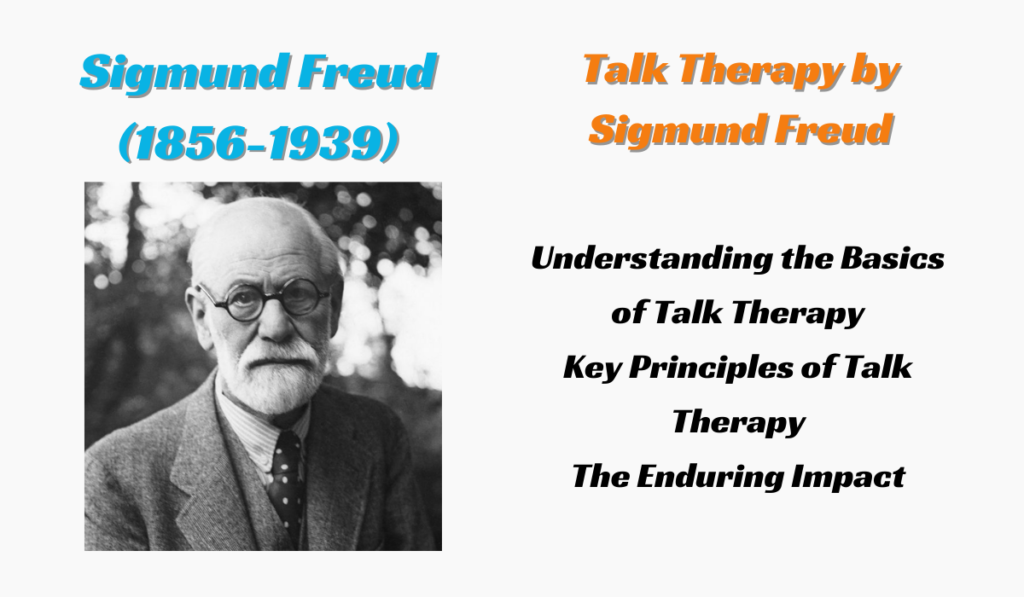
There’s a lot of buzz right now around psychedelic therapy, and for good reason. Much of the early research on these incredible substances was squashed for political reasons. Now, their life-altering benefits are coming to light once again.
Ketamine is stealing the show, with FDA approval granted back in 2019, and studies on other psychedelics like MDMA and psilocybin are in full swing. The future of psychedelics in medicine is much anticipated, but what really are they, and what do they involve? In this article, we’ll look at what sets them apart, with a deep dive on ketamine and other prominent psychedelic substances like LSD.
The History of Ketamine
Ketamine was originally developed as a non-opioid anaesthetic back in 1962. It became known as the “dissociative anesthetic” for its ability to put those under the influence in a calm, disconnected state. Studies as early as 1973 showed incredible promise for its use in the treatment of mental health disorders, but Richard Nixon’s “war on drugs” made research nearly impossible and progress painfully slow.
Ketamine Therapy Today
These days, after 25 years of fresh research, ketamine is finally available as an FDA-approved medical tool. It’s a fast-acting option for people dealing with depression, anxiety, or PTSD who haven’t had much luck with traditional treatments that target serotonin. Ketamine works on the glutamate system, which helps form new neural connections. It quite literally enables you to unlock unexplored pathways in your mind and think in ways you never have before.
People report feeling clearer, lighter, or more emotionally open within hours or days, and sometimes after just a single session. You should always administer ketamine under professional guidance, either at home or in a clinical setting. For the best results, a complete ketamine integration therapy treatment plan includes follow-up sessions with a licensed clinician to unpack your experience and discuss any personal insights or revelations.
What Is Psychedelic Therapy?
Psychedelic therapy usually refers to mental health treatments that use substances like psilocybin, MDMA, DMT, or LSD in guided sessions. These are classic psychedelics that tend to create fully immersive experiences, with feelings of euphoria, love, and a deep connection to nature. You might see brighter colors, fractals, and revisit old memories. Most of these substances aren’t yet legal for therapy outside of clinical trials, though MDMA-assisted therapy for PTSD is getting close.
However, interest is growing fast, and the results seem to be overwhelmingly positive, especially in treatment-resistant cases. Psychedelic therapy usually follows the same format: evaluation, preparation, intention setting, and integrative therapy. The effects can help people move through grief, trauma, or thought and behavior patterns in a way that traditional talking therapy alone might not be able to achieve.
Key Differences and Where They Overlap
Ketamine is often referred to as a psychedelic, but it doesn’t fall into the official, technical classification. However, it certainly can produce a psychedelic experience, including hallucinations and visual and auditory distortions.
When used properly, both treatments can lead to emotional insight and a shift in perspective. Ketamine and more traditional psychedelic substances are also most effective when paired with supportive therapy. However, as many similarities as they have, there are also a few key differences:
- How they work: Psychedelics like psilocybin work primarily through serotonin, whereas ketamine acts on the brain’s glutamate system.
- The experience: Ketamine tends to feel more dissociative, like stepping out of yourself or away from your thoughts. Psychedelics tend to have the typical ‘mind-expanding’ feeling, with poignant feelings of interconnectedness.
- Legality and access: Ketamine is FDA-approved and available in clinics throughout the US. Most other psychedelics are still in the trial phase.
- Treatment structure: Both now often include prep and integration, though this style started with psychedelic therapy and has influenced ketamine treatment programs. Due to the intense nature of traditional psychedelics, it’s more common to take them in a fully guided session. Ketamine can be self-administered at home.
- Administration: Ketamine treatments involve the use of oral lozenges, though IV infusions and intramuscular injections are also possible administration methods. Psychedelics, like ‘magic mushrooms’ can be eaten alone, cooked into food, or steeped into tea. LSD, more commonly referred to as acid, can be taken in liquid drops (tincture) or dissolved on the tongue in paper form.
- Duration: Depending on the dosage administered, some psychedelic ‘trips’ can last for much longer than your typical ketamine experience. Psychedelics like LSD also often produce an afterglow effect, which can last for weeks or months.
Some clinics combine ideas from both approaches and offer different options depending on your experience with psychedelics and the specific issues you’re working through.
Endnote
Psychedelic therapy, including ketamine, is opening up exciting possibilities in the realm of mental health. For many people with PTSD, anxiety, or depression, they offer an invaluable lifeline. Psychedelics can be life-changing, especially in cases where other treatments haven’t been effective. Research is ongoing, and interest is growing. It’s clear that careful guidance and transparent information are needed to ensure these transformative substances are used with care, respect, and healing in mind.
Mariam holds an MS in Sociology with a specialization in Medical Sociology and Social Psychology. With a strong academic background and extensive research work in both fields, she brings depth and clarity to complex topics. Her writing explores the intersection of society, health, and the human mind, making academic ideas easy to grasp and relevant to everyday life.


